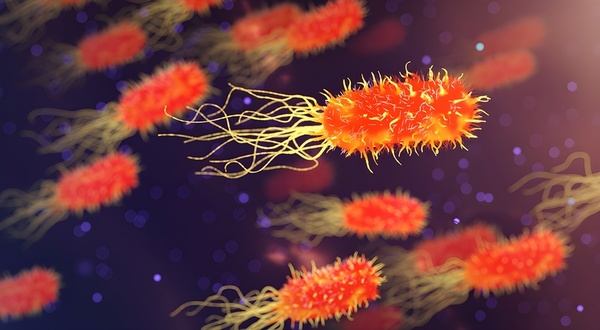The effects of the cancer metastasis promoting gene CD151 in E. coli
(1) Peach Blossom School, San Jose, California, (2) Schmahl Science Workshops, San Jose, California
https://doi.org/10.59720/21-163
The most feared and most deadly stage of cancer is stage 4, or metastasis. Metastasis is the ability of cancer cells to spread throughout the body. CD151 is a known metastasis-promoting gene in humans. However, the independent effects of CD151 in the process of metastasis are not known. We wanted to isolate CD151 to discover what its role in metastasis would be on its own and uninfluenced by potential interactions with other components and pathways in human cells. To determine the independent effects of CD151 on cellular motility and adhesion, we expressed CD151 in bacteria and then performed several assays. Our results showed that CD151 significantly increased the adhesion of the cells and decreased their motility. From this, we conjecture that CD151 is upregulated in cancer cells for the last step of metastasis, and it increases the chances of success of metastasis by aiding in implantation of the cancer cells. Targeting CD151 in chemotherapeutic modalities could therefore potentially slow or prevent metastasis.
This article has been tagged with: